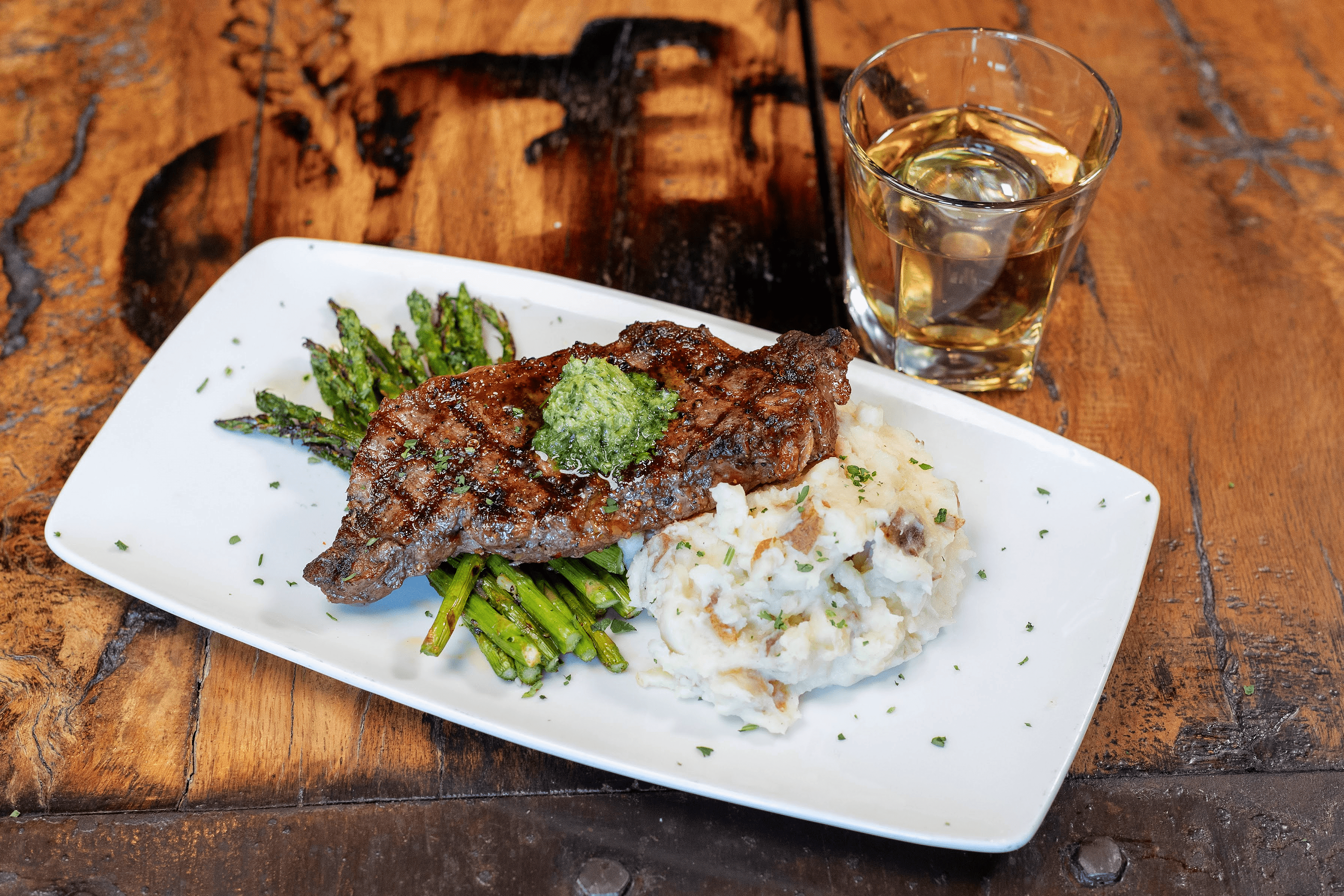Narrowing down your list of potential restaurant franchises to open can be an overwhelming task, even for seasoned franchisees. By this point, you’ve likely read numerous “best franchises” articles, reviewed finances, and perhaps even interviewed with several concepts already.
During this grueling research process, you’ve likely asked yourself some hard questions.
Will I be able to make a return on my investment? How much startup costs will be involved? How much control will I have?
But perhaps the biggest question you’ve pondered is which type of restaurant concept to open – QSR or casual dining.
In truth, both options offer promising opportunities. But understanding the nuances of each is crucial to become a successful franchisee.
Understanding the Landscape
What Is QSR?
Quick Service Restaurants, also known as fast service with a casual atmosphere and limited seating prioritize streamlined operations. They’re designed to cater to customers looking for quick meals on the go, with minimal wait times and convenient ordering processes.
QSRs typically offer a limited menu of popular items that can be prepared and served quickly.
In recent years, QSRs have become increasingly competitive, with brands constantly innovating to improve efficiency. While this may seem enticing at first, there are some inherent limitations to operating a QSR franchise.
What Is Casual Dining?
Casual dining franchises offer a more immersive dining experience, characterized by table service, diverse menus, and relaxed atmospheres.
Welcoming and informal, casual dining establishments are popular choices for social gatherings. They occupy a middle ground between QSR and fine dining, appealing to a broad spectrum of diners seeking quality food and service.
As a franchisee, you’ll have the opportunity to create memorable dining experiences, foster strong connections with your customers and build a loyal clientele base.
Why Choose Casual Dining Franchising
Stronger Brand Identity:
From the décor and ambiance to menu offerings and customer service, casual dining franchises have a greater ability to differentiate themselves and build a loyal customer base.
This emphasis on branding allows casual dining restaurants to carve out a distinct identity in the market and connect with their consumers on a deeper level than QSR concepts. New franchisees of casual dining concepts can tap into existing customer loyalty and brand recognition.
Greater Flexibility:
One notable advantage of casual dining franchises over QSRs is the greater flexibility they offer in terms of menu variety, service style, and overall dining experience. Casual dining restaurants typically have more extensive menus that cater to a wider range of tastes and preferences.
Additionally, table service allows guests to relax and enjoy a meal in a comfortable setting. Versatile dining spaces also lend themselves to different occasions and events. This flexibility allows casual dining concepts the ability to adapt to changing consumer preferences and market trends.
Higher Profit Margins:
While initial investments may be higher than QSRs, casual dining franchises often yield higher profit margins thanks to several factors. With table service and a more extensive selection of quality food and beverage options, casual dining franchises can justify higher menu prices.
Casual dining also encourages guests to spend more time in the restaurant, potentially leading to increased sales of appetizers, desserts, and alcoholic beverages — all of which typically have higher profit margins.
This combination of higher prices and increased per-customer spending can result in healthier profit margins for casual dining franchises compared to their quick-service counterparts.
Community Engagement:
Casual dining franchises have the potential to become integral parts of their communities — hosting events, supporting local causes, and fostering a sense of belonging among customers.
By actively engaging with the community, these franchises not only offer a sense of belonging but also create loyal customers who feel connected to the brand beyond the food. This community-centric approach enhances the franchise’s reputation and drives foot traffic to the restaurant, further contributing to its success.
Resilience in Changing Markets:
In times of economic uncertainty or shifting consumer preferences, casual dining franchises tend to demonstrate greater resilience due to their focus on quality and experience, transcending mere convenience.
Unlike QSR chains that may struggle to evolve beyond their established menu and service model, casual dining franchises have the flexibility to introduce new menu items, embrace trends, and experiment with different dining experiences. This adaptability allows them to remain relevant and appealing to a diverse customer base, even as market trends and consumer behaviors evolve.
Making the Decision
While both QSR and casual dining franchising offer unique opportunities, the case for casual dining has become more and more compelling in recent years.
As you weigh your options, consider the long-term sustainability, profitability, and personal fulfillment that casual dining franchising can offer. With the right vision and support from a reputable franchise, it can be an incredibly rewarding journey.
Interested in becoming a franchisee with the #1 Sports Bar? Fill out our Inquiry Form and our team will reach out to discuss the possibility of joining the Twin Peaks family.

